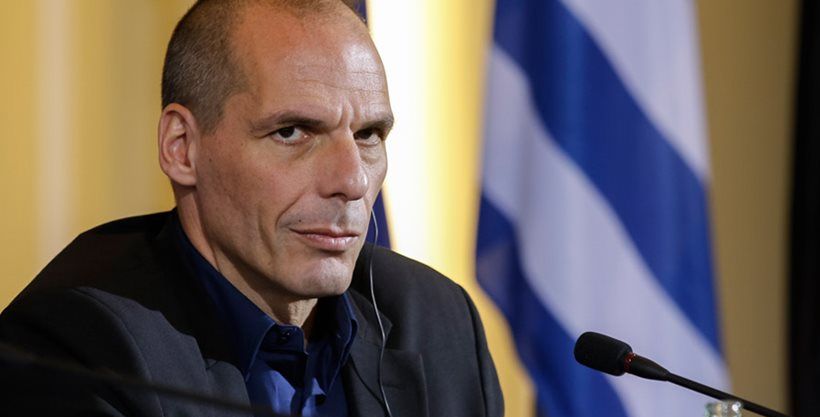The Radical Left Coaliton (SYRIZA) government will present its analytic positions in 24 pages of comprehensive proposals to be presented and discussed at the Eurogroup meeting.
A series of matters will be negotiated, such as:
* The Greek government’s stand on privatizations (Greek Finance Minister Yanis Varoufakis has already said that the media’s focus on the postponement of the privatization of the port of Piraeus is false)
* The European concerns about the reinstatement of school guards and cleaners to their posts will be addressed and the reoperation of the Greek Radio and Television Network (ERT) is also being broached.
* Arguments to convince EU partners that the primary surplus cannot be at 4.5% and should remain at around 1.5% will be presented. SYRIZA will also recognize certain government achievements concerning the surplus and deficit.
* Clarifications will be given concerning statements made about the 70% of the memorandum measures that can be agreed upon.
* An outline of common ground as well as differences that had been pinpointed during the February 13-14 meetings.
* A detailed presentation as to how Greece’s short-term credit needs will be met.
Bridge program
Varoufakis’ calls for a bridging deal have been resounding so that Greece can cover its short-term needs. The government is committed to paying off a 5.2-bln instalment to the International Monetary Fund (IMF). For this reason, it wants a 1.9-bln euro payment of European Central Bank profits from Greek bonds that can be made directly to the IMF. Furthermore, 6.7-bln euros are scheduled to the European Central Bank as the holder of SMP bonds. This repayment creates exceptional pressure on Greece’s funding needs in 2015. The government expects that an agreement regarding the issuance of T-bills will be obtained to cover these exceptional needs. This would not raise the amount of debt, but only change its composition.
The bridge period will give the Greek government a chance to prepare and negotiate a new contract, an agenda of growth and structural reforms. Varoufakis has stated that these would represent more than 70% of the whole list of previously-agreed actions.




































